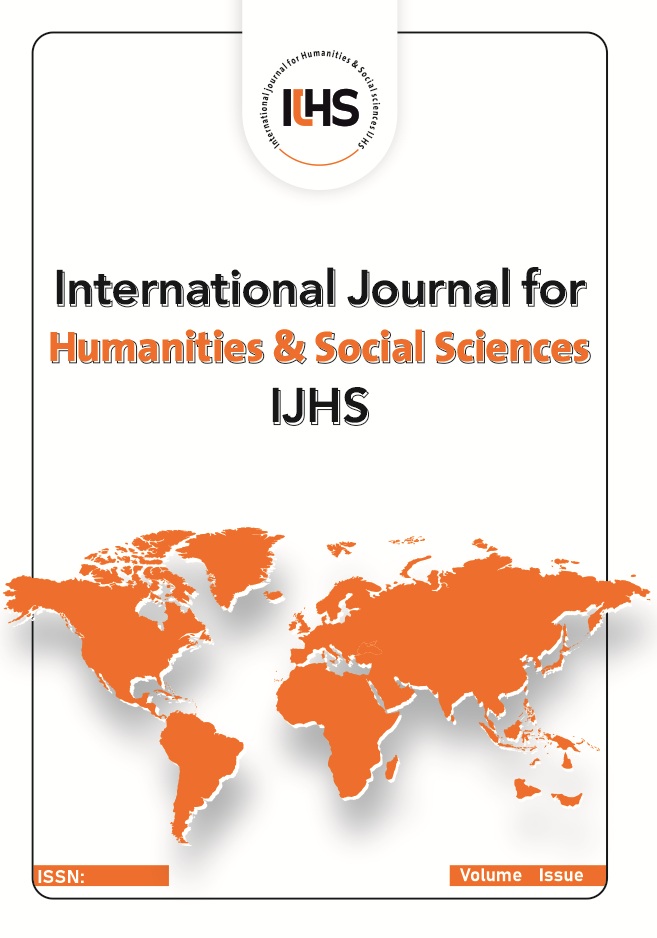Assessing the impact of Microsoft TEAMS on Lebanese University students and learning approaches in Education
Main Article Content
Abstract
Instructional technology is spreading more and more, especially with the social distancing measures that keep students at home. Instructional technology includes using different internet affordances such as chat and discussion forums for efficient interaction between learners and instructors. In 2020, with the emergence of Covid 19, almost all Lebanese universities were pressed to corporate technology in their pedagogical strategies to complete their interrupted academic year. Using TEAMS was one way to connect students with their instructors who have initiated appropriate activities and documented course content to deliver courses. Currently, and with the uncertain characteristics of Covid9, academics are wondering about the permanency of online teaching and if TEAMS users were satisfied with their new experience. For many accountable educators who care about the social role in education and reframing organizations, it is vital to know students’ preferences regarding the teaching and learning methods, so collecting the learners’ opinions through a questionnaire distributed via TEAMS became inevitable. This article highlights the impact of using TEAMS as an online platform at the Lebanese University for Letters and Sciences at Branch II during the pandemic. The null hypothesis (H0) is that TEAMS does not affect students’ satisfaction, while the alternative (H1) is that it affects them positively.
Article Details

This work is licensed under a Creative Commons Attribution 4.0 International License.
International Journal for Humanities and Social Sciences (IJHS) is licensed under the http://creativecommons.org/licenses/by/4.0, which allows users to copy, create extracts, abstracts, and new works from the article, alter and revise the article, and make commercial use of the article (including reuse and/or resale of the article by commercial entities), provided the user gives appropriate credit (with a link to the formal publication through the relevant DOI), provides a link to the license, indicates if changes were made, and the licensor is not represented as endorsing the use made of the work. The authors hold the copyright for their published work on the IJHS website, while IJHS is responsible for appreciate citation of their work, which is released under http://creativecommons.org/licenses/by/4.0, enabling the unrestricted use, distribution, and reproduction of an article in any medium, provided that the original work is properly cited.

